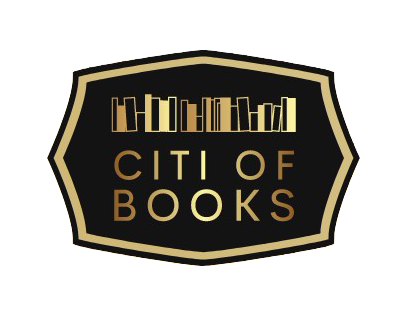Imagine cracking open a book and learning about real-world science, history, or technology—but instead of dry textbook vibes, you’re whisked into a story where wormholes, androids, and alien landscapes turn those facts into living, breathing adventures. It’s like your brain is at a lecture – but in space, with a laser sword in one hand and a cup of strong coffee in the other. This style of storytelling takes the best of nonfiction’s “truth factor” and pairs it with sci-fi’s imagination, so you get to both learn and dream big.
The beauty of blending nonfiction with science fiction is that it doesn’t just make facts interesting—it makes them unforgettable. You’re not just reading about climate change; you’re living it through the eyes of a future explorer on a dying planet. You’re not just learning about AI ethics; you’re sitting across the table from a robot that’s trying to convince you it has a soul. This mix doesn’t just teach—it makes you feel the weight of what you’re learning. Whether you’re a die-hard sci-fi lover who secretly wants more truth in your tales or a nonfiction purist who’s ready to spice things up.
If you’re an author or a writer who wants to write a story combining fiction with nonfiction, or a reader that just wants something new, “The Lebensborn Experiment, Book I: WWII” by Joyce Yvette Davis is an absolute must-read!

Step into a gripping novel that masterfully blends history, science, and some profoundly dark themes about human nature.
Set against the backdrop of the nail-biting final days of World War II, the , “The Lebensborn Experiment, Book I: WWII” immerses you in a chaotic world where life and death hang by a thread. While it is a work of historical fiction, it draws inspiration from actual events, making it all the more compelling.
The narrative follows Sergeant Kapp Johnson, a member of an all-black battalion, who finds himself trapped in a medieval castle nestled in the Black Forest, awaiting what seems like inevitable doom. However, the plot takes a thrilling turn when Kapp becomes entangled in the sinister experiments conducted by Nazi Colonel Otto Strass and the notorious Dr. Josef Weiss.
As chaos erupts following Hitler’s suicide, Kapp inadvertently receives a life-restoring drug that endows him with extraordinary strength and an unyielding will to survive. In an exhilarating twist, he single-handedly takes down 280 enemy soldiers! This incredible feat not only thrills but also prompts deep reflection on the implications of wielding such power.
Joyce Yvette Davis excels at exploring the moral dilemmas that accompany Kapp’s newfound abilities. As he navigates the horrors of war, readers are left pondering the ethical boundaries that are often crossed in the name of scientific advancement. Moreover, the intricate connections between Kapp, Adok, and other characters create a rich tapestry of human experiences, each grappling with their evolving realities in a rapidly changing world.
“The Lebensborn Experiment” is not just a page-turner; it is a profound exploration of resilience, identity, and the difficult choices we face in the pursuit of power. Joyce Yvette Davis has truly outdone herself with this novel.


3 Comments
I’ve read similar posts, but yours stood out for its clarity.
This is now one of my favorite blog posts on this subject.
I love how this post breaks down the complexities of blending history with science fiction. It’s not just about making the events believable, but also about maintaining the essence of what actually happened while adding speculative layers.